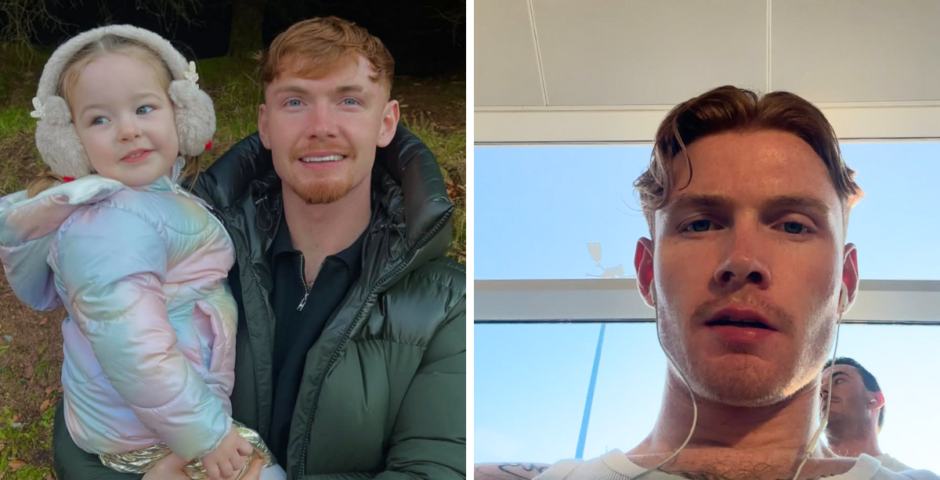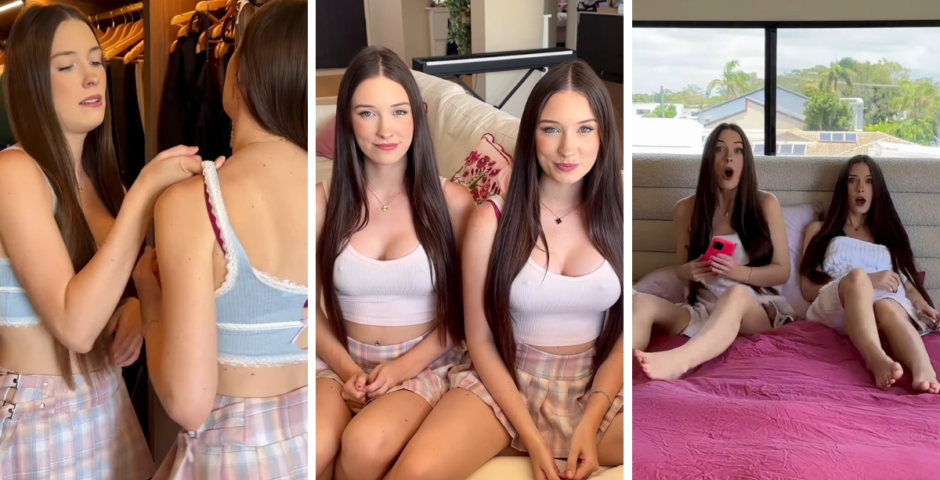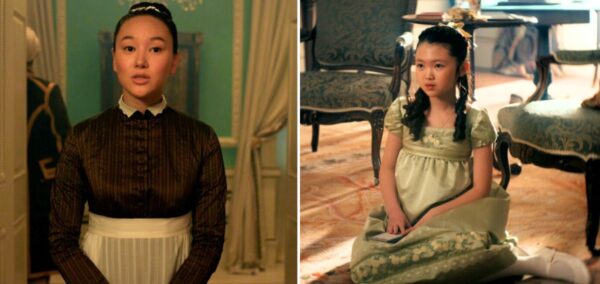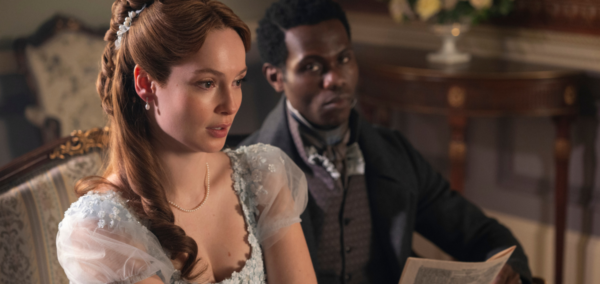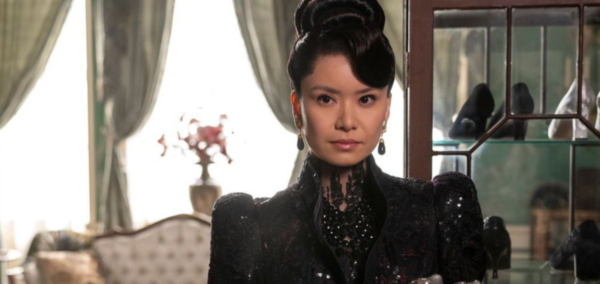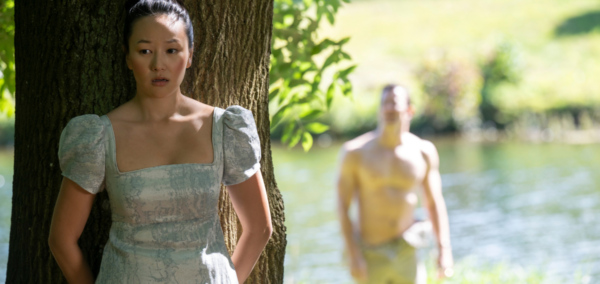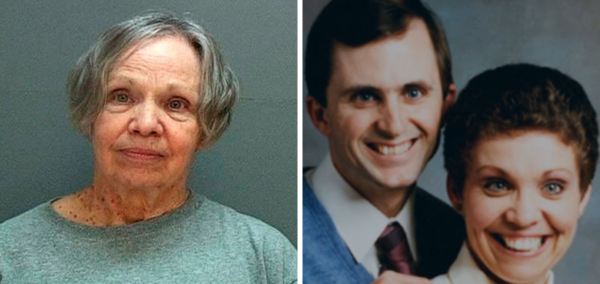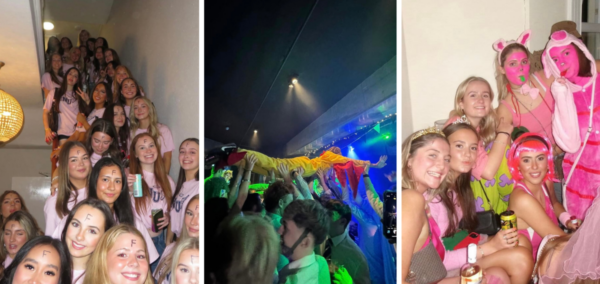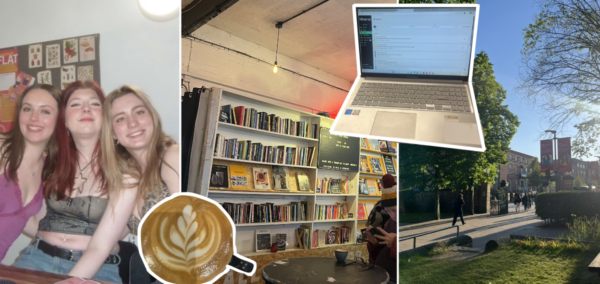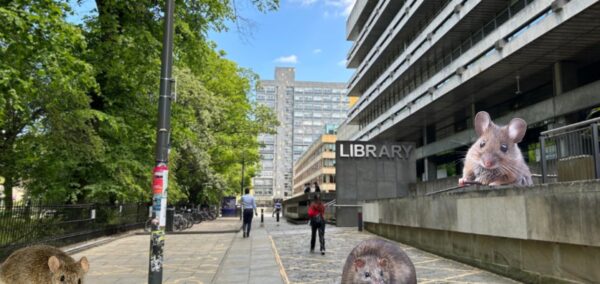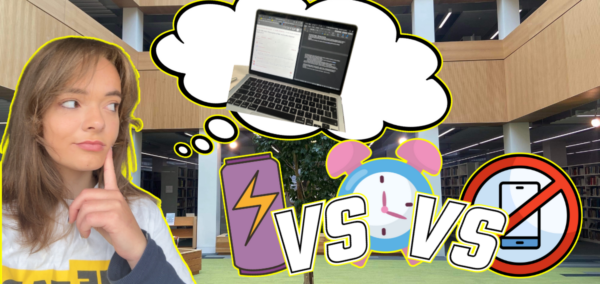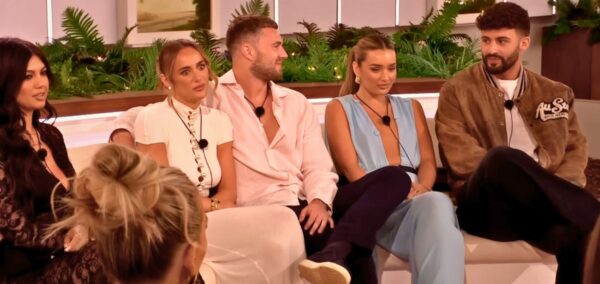
From musical upbringing to drugs battle: Inside Raye’s turbulent life and defiant comeback
She’s nominated for seven BRIT awards
Raye is a name we’ve been hearing forever. But, after a humungous seven nominations at this year’s BRIT awards, it’s a name many are only truly noticing now. Born Rachel Agatha Keen, Raye has co-written for big names like Beyonce, Little Mix, Madison Beer, and Rita Ora. She produced for Beyonce, Rihanna and John Legend. She’s collaborated with the likes of David Guetta, Joel Corry, Stormzy and Jax Jones. She was the background music of our 2010s. And yet, she didn’t become a front runner for fans or critics until the release of her 2022 single “Escapism” featuring 070 Shake.
I remember being 16 first seeing the artist as a support act for Khalid at the O2 where the crowd barely knew her name and fumbled their way through her lyrics. Now, she has played at the Royal Albert Hall, been interviewed by Louis Theroux and the top question on all of our minds for this Mercury Prize 2023 and BRIT 2024 nominated artist has to be, how on earth did she make such a career recovery? And, especially after the revelations of her most recent album My 21st Century Blues.
So, in case you’re wondering who exactly Raye is and how she navigated her astronomical rise to notoriety, here’s everything you need to know about 2024’s biggest musical star:
Raye is a typical south Londoner
Born in Tooting and raised in Croydon, Raye was exposed to South London’s finest as a young girl. Despite Croydon’s stereotype as a rough area, Raye has spoken fondly of the area’s multiculturalism and down-to-earth residents.
Most Read
The London borough is also home to the renowned BRIT school, a school that has birthed stars like Amy Winehouse, Adele, Jessie J, The Kooks and Tom Holland. And, this infamous institution became Raye’s place of study when she turned 14 and left Woodcote High School.
You could say that this step to the arts was unsurprising, especially considering her own grandfather was a songwriter and musician. Her parents also seemed to have a massive influence on Raye having met each other at their church choir. When speaking of her family in an interview with F word mag, she confessed that “music runs in all our genes”.
The BRIT school gave the female artist an education in music and dance that formalised her earlier interactions with music in the form of talent shows, piano grade exams, gospel singing at church and listening to Alicia Keys, Beyonce and Gnarls Barkley. (And no, you’re not the next Raye if you scream ‘If I aint got you’ in the shower.)
Her experience at BRIT
Contrary to popular belief, an education at the BRIT school doesn’t make you exempt from GCSEs. Having to study Maths, English, Science, Spanish and Sociology alongside trying to break into a highly competitive industry, Raye makes anyone else’s GCSE stresses feel trivial.
When interviewed by Cosmopolitan, the artist seemed grateful but unafraid to point out the flaws of the institution describing it as an “interesting environment” that “prepar[ed] you for the brutality of the industry”. So, definitely not all singing and dancing as we might have thought.
Ultimately, Raye outgrew the school. She was using her weekends to take song writing and singing lessons and trip to LA to seek career opportunities — a pretty glamorous life for a 16 year old. In an interview with the BBC in 2017, she confessed feeling embarrassed to share her passion for pop as the school was filled with “cool, underground, indie artists”.
Her work ambitions and school commitments had started to conflict, and so she dropped out of the school at 16 having already been signed to a manager.
Her battle with addiction and assault
The BRIT school, whilst being an incredible launchpad for her career, was also the place where Raye was first introduced to drugs. In the same interview with BBC mentioned earlier, she described the wild house-parties that she was invited to at the start of her experience at the school where she was constantly offered weed from her peers.
She described the inner monologue of her 14 year old self seeing a friend roll a massive joint: “OH MY GOD: DRUGS!”. As a young girl, she politely declined, but got high anyway in the clouded room, an anecdote she used for her first song ‘Hotbox’. This very song was the one that led her to Olly Alexander of Years and Years who got her signed on her first deal with Polydor Records.
Whilst Polydor Records gave her opportunities to write for the likes of Beyonce and contribute vocals to artists like Jax Jones and David Guetta, the label was refusing to release her debut album. As her solo career lost momentum trapped in a record deal that wasn’t working to benefit her as an individual, Raye turned to drugs and alcohol.
In an interview with Far out Magazine, the singer admitted that “It was around the height of my dance-pop [hits]. I was having to go out there and be this happy pop character when in reality, I was processing this undressed trauma and coping with an immense amount of pressure. Sprinkle a bit of heartbreak on there and it’s a recipe for disaster. I was just lost. It was a really sad time.”
We see these experiences drawn on in My 21st Century Blues with lyrics like “stuck in a daze, terrible phase” (“Oscar Winning Tears”) and “how I miss your chemical hug since I’ve been clean” (“Mary Jane”). But, the most prevalent of all the songs in terms of her experience, is her track “Ice Cream Man”. The song explores her many experiences with assault, which unfortunately resonates with masses.
The song also details the experience she had with a producer assaulting her early in her career. She candidly reveals the industry’s attitude towards women, creating an open, honest and safe space for other women to relate and empathise. When describing the track with Rolling Stone, she notes how “music is just the safest place where I feel I can express my truth. I can just be explicit and honest about my perspective on things”.
Moving forward
This openness and perspective that Raye speaks of is exactly what leaving Polydor Records allowed for Raye. She described the creative claustrophobia that she experienced with the record label, feeling the need to be a “polite poster”. This feeling is one she claims she will never return to, and the gritty, honest and soulful elements of My 21st Century Blues are testament to that.
After leaving Polydor Records and becoming an independent artist, Raye released her single “Escapism” featuring 070 Shake. This song was unsurprisingly popular — it completely took over TikTok and every pre-drinks I went to. It became an absolute anthem to any victims of the 2022 autumn/ winter breakup season and continues to resonate with any young girls experiencing heartbreak. It was her first to top the UK Singles chart and became a marker for her uprising.
Following the popularity of “Escapism”, Raye released her debut album. After being in the industry since she was 16, the artist could finally have creative freedom in creating an album with tracks like “Environmental Anxiety”, “Worth it” and more. The artist’s journey through such tight constraints in inspiring to the masses, and I’m sure I’m not alone in saying I can’t wait to hear more from her.
Related stories recommended by this writer:
• Um, Taylor Swift might have just confirmed she vapes on Lost Marys?
• We got ChatGPT to write Taylor Swift song lyrics and honestly, I can see this as her next single
• Just 17 tweets that sum up how we’re all feeling about Travis Kelce and Taylor Swift rn
>Featured image credit via ITV/Rachel Joseph/Shutterstock


